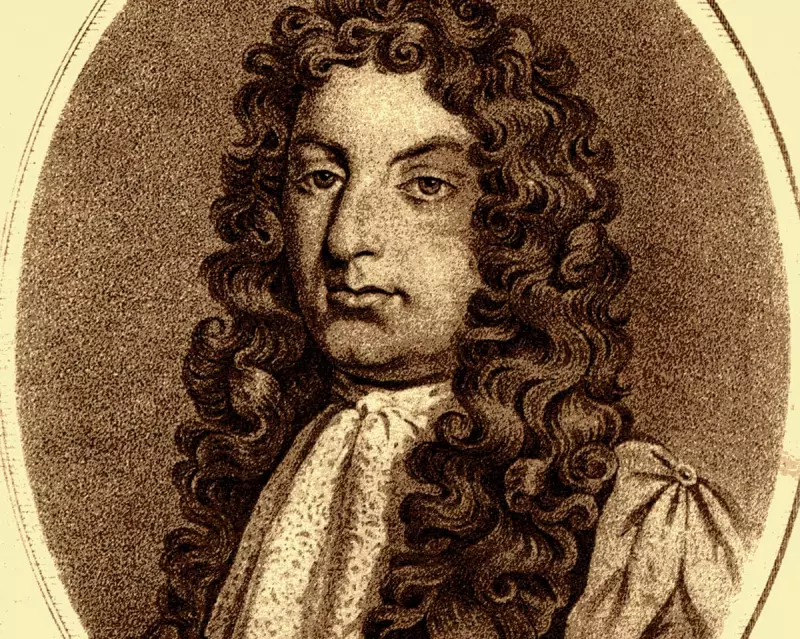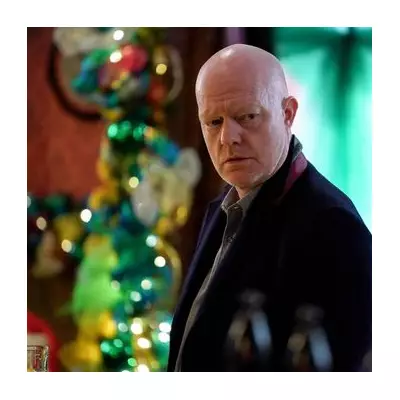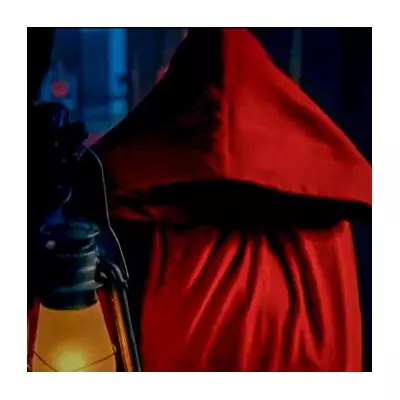
In an extraordinary discovery that has sent ripples through the classical music world, scholars have unearthed a previously unknown composition by Henry Purcell, England's celebrated Baroque master. The musical treasure had lain hidden for over three centuries within the hallowed archives of Cambridge University.
A Musical Time Capsule
The remarkable find emerged during routine cataloguing work at Cambridge's prestigious library collections. Dr Eleanor Vance, who led the research team, described the moment of discovery as "utterly breathtaking."
"We knew immediately we were looking at something special," Dr Vance explained. "The handwriting, the musical structure – everything pointed to Purcell's distinctive style. To find a complete, unknown work by one of England's greatest composers is the kind of discovery scholars dream of."
Authenticity Confirmed
Rigorous analysis by a team of international musicologists has confirmed the composition's authenticity. The work displays Purcell's characteristic harmonic complexity and melodic invention, dating from the peak of his creative powers in the 1690s.
Professor James Harrington, a leading Purcell authority, noted: "This discovery fundamentally enriches our understanding of Purcell's output. It's like finding a new chapter in a book we thought we knew completely."
Historical Significance
The composition offers fresh insights into Purcell's working methods and artistic development during his most productive period. Music historians believe the piece may have been written for a private patron or special court occasion that escaped historical record.
- Complete musical score preserved in excellent condition
- Features Purcell's signature counterpoint and dramatic flair
- Provides new understanding of his late compositional style
- Offers opportunities for fresh scholarly interpretation
Future Performances
Plans are already underway for the world premiere performance, with several leading early music ensembles expressing interest in bringing this long-lost work to life. The discovery promises to become a significant addition to the Baroque repertoire and offers audiences the chance to hear Purcell with fresh ears.
This extraordinary find not only expands Purcell's known catalogue but reaffirms that even the most studied periods of music history can still yield remarkable surprises. As Dr Vance concluded: "It reminds us that our musical heritage is still speaking to us, if we know how to listen."





